
Ethel Barrymore was an American actress and a member of the Barrymore family of actors. Barrymore was a stage, screen and radio actress whose career spanned six decades, and was regarded as "The First Lady of the American Theatre". She received four nominations for the Academy Award for Best Supporting Actress, winning for None but the Lonely Heart (1944).
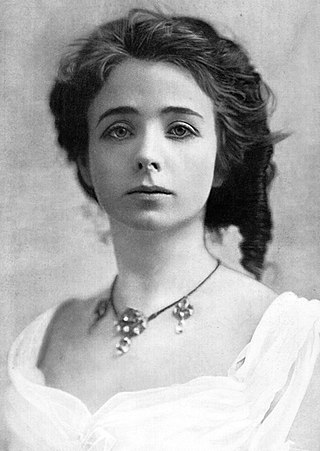
Maude Ewing Adams Kiskadden, known professionally as Maude Adams, was an American actress and stage designer who achieved her greatest success as the character Peter Pan, first playing the role in the 1905 Broadway production of Peter Pan; or, The Boy Who Wouldn't Grow Up. Adams' personality appealed to a large audience and helped her become the most successful and highest-paid performer of her day, with a yearly income of more than $1 million during her peak.
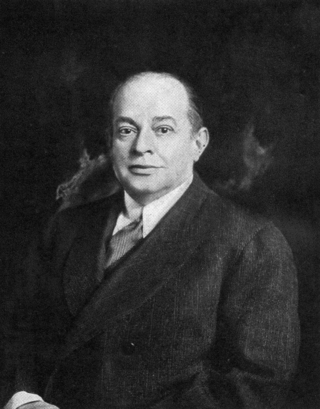
Charles Frohman was an American theater manager and producer, who discovered and promoted many stars of the American stage. Frohman produced over 700 shows, and among his biggest hits was Peter Pan, both in London and the US.

Henry Miller was an English-born American actor, director, theatrical producer and manager.
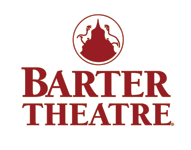
Barter Theatre, in Abingdon, Virginia, opened on June 10, 1933. It is the longest-running professional Equity theatre in the United States.

The Lyceum Theatre is a Broadway theater at 149 West 45th Street, between Seventh Avenue and Sixth Avenue, in the Theater District of Midtown Manhattan in New York City. Opened in 1903, the Lyceum Theatre is one of the oldest surviving Broadway venues, as well as the oldest continuously operating legitimate theater in New York City. The theater was designed by Herts & Tallant in the Beaux-Arts style and was built for impresario Daniel Frohman. It has 922 seats across three levels and is operated by The Shubert Organization. The facade became a New York City designated landmark in 1974, and the lobby and auditorium interiors were similarly designated in 1987.
Al Hayman, also known as Raphael Hayman, was the business partner of the better-known Charles Frohman who together with others established the Theatrical Syndicate. In addition to the financial backing, ownership and construction of new theaters and the early monopolisation of the booking networks, the Syndicate also produced a number of Broadway shows.

Blanche Galton Whiffen, known on stage as Mrs. Thomas Whiffen, (1845–1936) was an American actress born in London. She was educated in France; made her stage début at the Royalty Theatre, London, in 1865; came to America in 1868; and toured the United States under John Templeton's management.
The Time of the Cuckoo is a play by Arthur Laurents. It focuses on the bittersweet romance between Leona Samish, a single American executive secretary vacationing in Europe and Renato Di Rossi, a shopkeeper she meets in Venice. Di Rossi, trapped in a loveless marriage, relentlessly pursues Leona, who initially is shocked by the thought of an illicit affair but eventually succumbs to the Italian's charms.

What Every Woman Knows is a four-act play written by J. M. Barrie. It was first presented by impresario Charles Frohman at the Duke of York's Theatre in London on 3 September 1908. It ran for 384 performances, transferring to the Hicks Theatre between 21 December 1908 and 15 February 1909.

The Legend of Leonora is a play by J. M. Barrie. It was featured on Broadway at the Empire Theatre in January 1914 and starred Maude Adams, running for 136 performances. The play first appeared briefly in London in September 1913 under the title The Adored One.

The Barretts of Wimpole Street is a 1930 play by the Dutch/English dramatist Rudolf Besier, based on the romance between Robert Browning and Elizabeth Barrett, and her domineering father's unwillingness to allow them to marry. Presented first at the Malvern Festival in August 1930, the play transferred to the West End, where it ran for 528 performances. An American production, produced by and starring Katharine Cornell, opened in 1931 and ran on Broadway for 370 performances. The play has subsequently been revived onstage and adapted for television and the cinema.
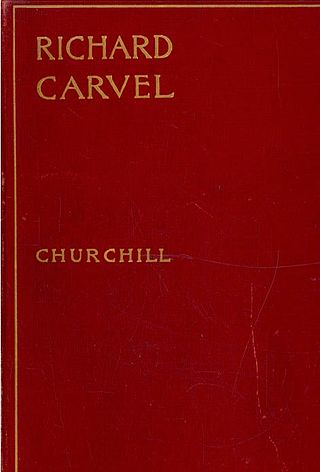
Richard Carvel is a historical novel by the American novelist Winston Churchill. It was first published in 1899 and was exceptionally successful, selling around two million copies and making the author a rich man. The novel takes the form of the memoirs of an eighteenth-century gentleman, the Richard Carvel of the title, and runs to eight volumes. It is set partly in Maryland and partly in London, England, during the American revolutionary era
The Garden Theatre was a major theater on Madison Avenue and 27th Street in Manhattan, New York City. The theatre opened on September 27, 1890, and closed in 1925. Part of the second Madison Square Garden complex, the theatre presented Broadway plays for two decades and then, as high-end theatres moved uptown to the Times Square area, became a facility for German and Yiddish theatre, motion pictures, lectures, and meetings of trade and political groups.

The Lyceum Theatre was a theatre in New York City located on Fourth Avenue between 23rd and 24th Streets in Manhattan. It was built in 1885 and operated until 1902, when it was torn down to make way for the Metropolitan Life Insurance Company Tower. It was replaced by a new Lyceum Theatre on 45th Street. For all but its first two seasons, the theatre was home to Daniel Frohman's Lyceum Theatre Stock Company, which presented many important plays and actors of the day.
George H. Kondolf was an American theatrical and radio producer. He was an associate of George Cukor and was, for two turbulent years, director of the Federal Theatre Project in New York City.
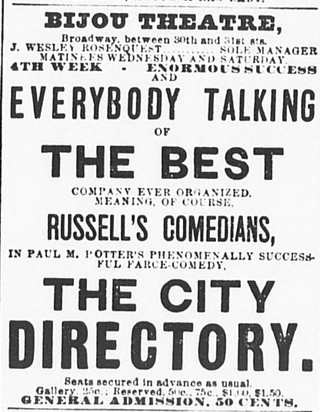
The City Directory is an 1889 American musical comedy play with a book by Paul M. Potter and music by W.S. Mullaly.
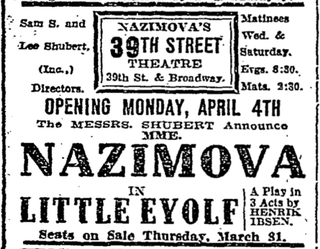
The 39th Street Theatre was a playhouse in New York City located at the corner of 39th Street and Broadway. Originally called Nazimova's 39th Street Theatre after the actress Alla Nazimova, it was in operation from 1910 to 1925 when it was demolished to make way for an office building. Throughout its existence, it was owned by the Shubert family. Its architect was William Albert Swasey, who had designed or remodelled several other Broadway theatres for the family.
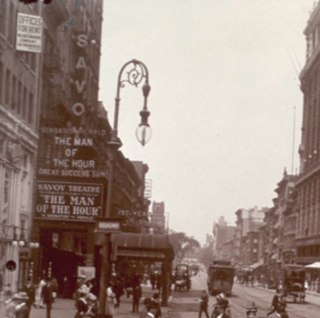
The Savoy Theatre was a Broadway theatre at 112 West 34th Street in Midtown Manhattan, New York City. It opened in 1900. It was converted to a cinema around 1910, until it was closed in early 1952 and then demolished.
Diplomacy is an 1878 English play which is a translation and adaptation by B. C. Stephenson and Clement Scott of the 1877 French play Dora by Victorien Sardou. It saw frequent revivals and was a popular play for over fifty years.
















